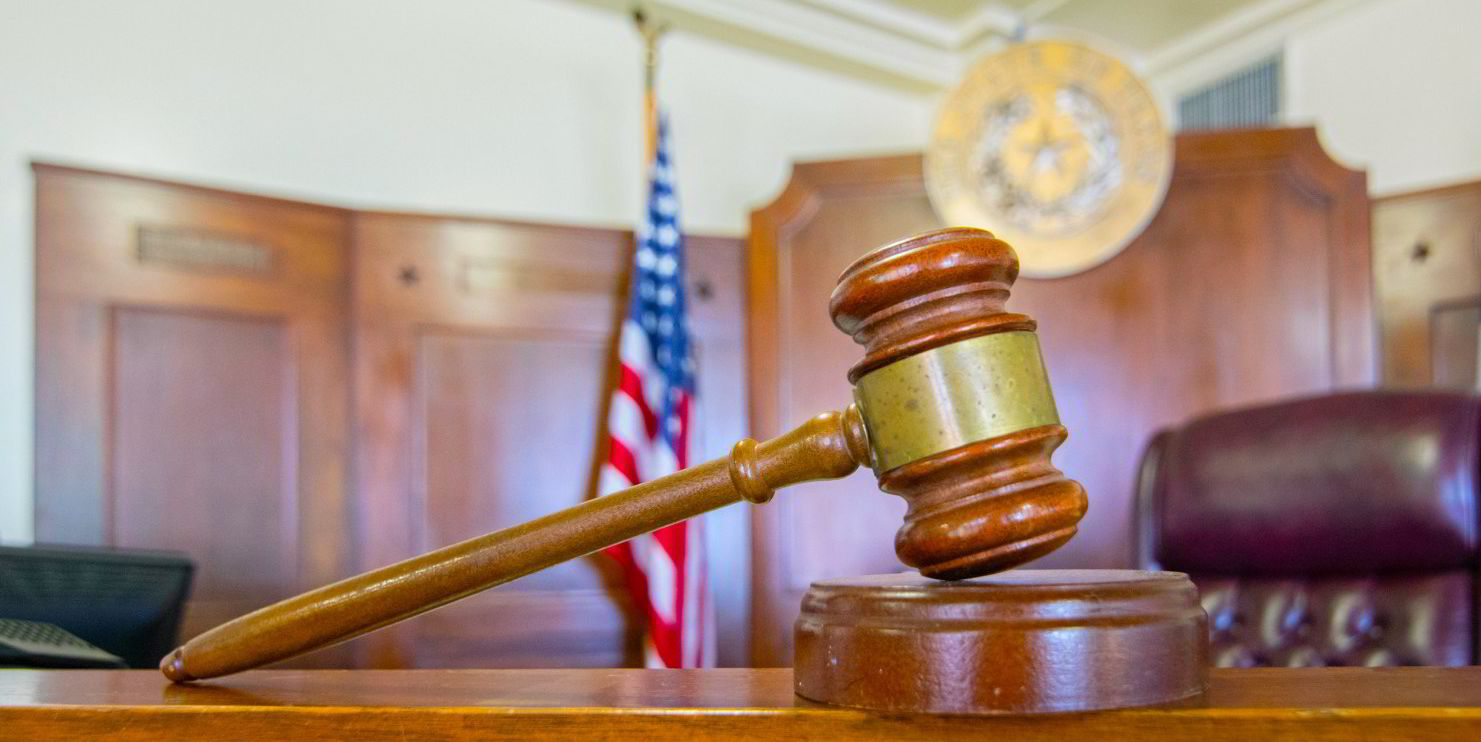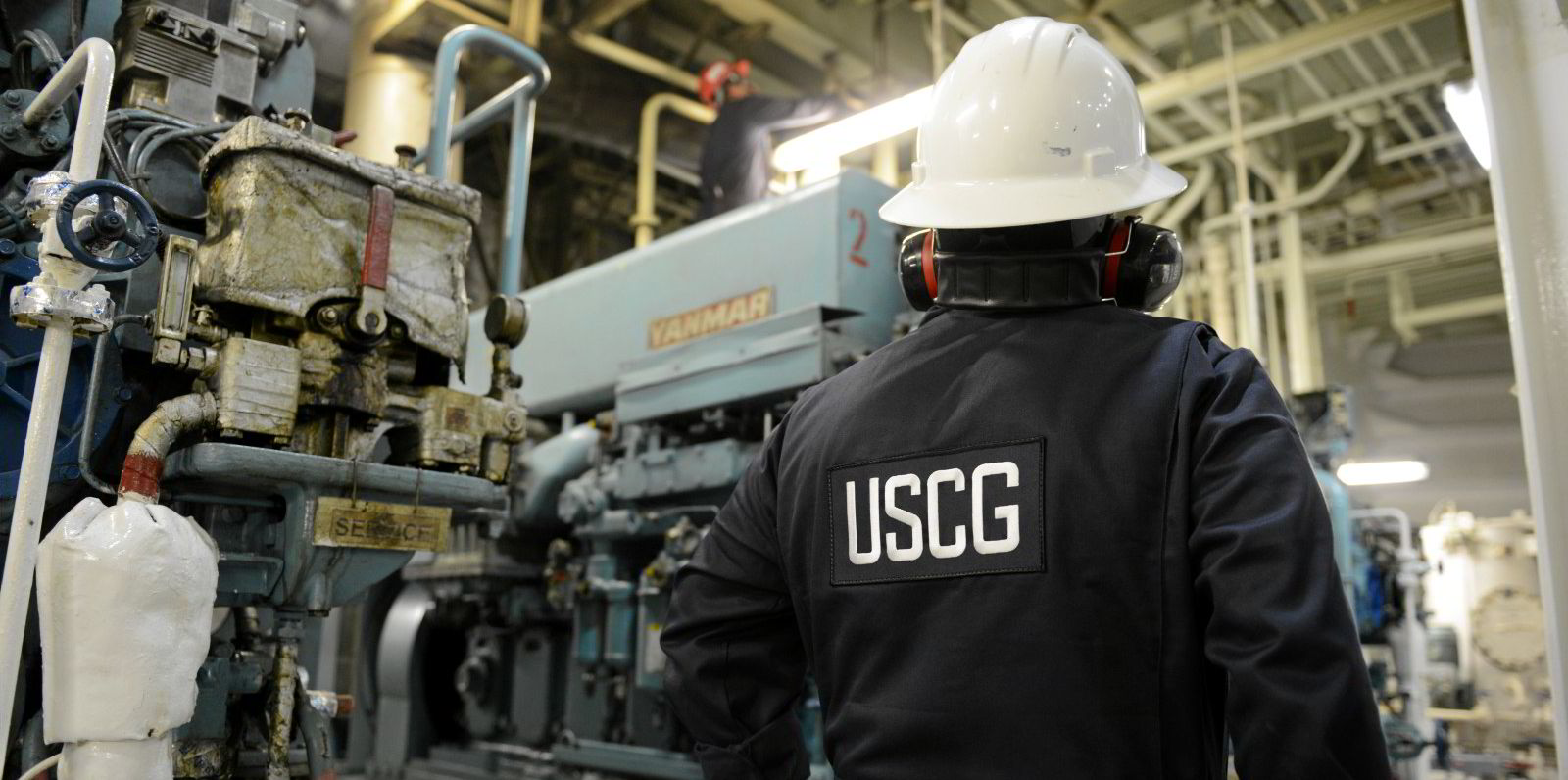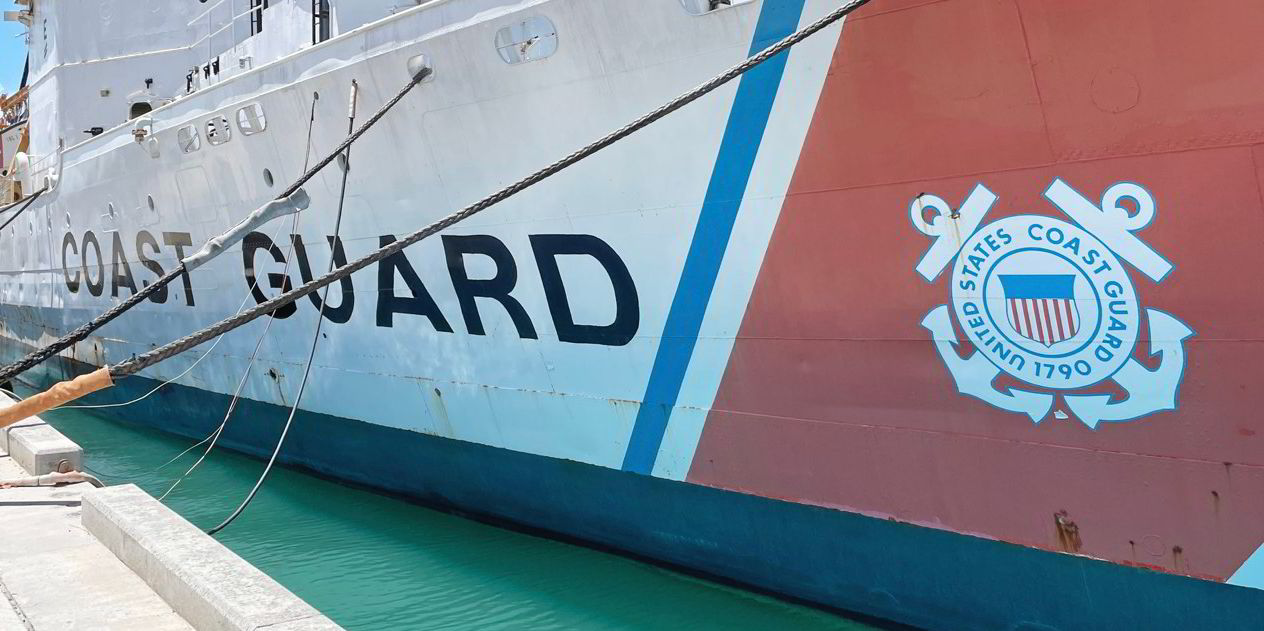Recently, we reported that US officials had decided not to move forward with prosecution in what may be the highest-profile case of alleged rape on a merchant vessel at sea.
There may be a variety of reasons why prosecutors declined to take up this case, and the alleged offender is presumed innocent unless a jury determines otherwise.
But the fact that there will be no trial or even charges in the alleged sexual assault of the US Merchant Marine Academy cadet Midshipman X, who has since revealed herself as Hope Hicks, is far from unusual, at sea or on land.
The Rape, Abuse & Incest National Network estimates that across the US, the vast majority of perpetrators will not go to prison.
Of every 1,000 sexual assaults, just 310 are reported to police, 50 of those cases lead to an arrest and only 25 will lead to a perpetrator going to prison, according to the group’s compilation of federal data. That means there is no criminal accountability for 97.5% of sexual assaults.
Advocates for victims of sexual assault and sexual harassment say the lack of prosecution is a challenge that seafarers face globally.
That is a troubling climate of impunity that leaves seafarers at risk.
And that raises the question: How do you protect seafarers from sexual assault and harassment if justice systems provide so little accountability?
David Hammond, chief executive of non-governmental organisation Human Rights at Sea, told TradeWinds that protecting all employees from sexual violence, including harassment, should be a fundamental focus for every stakeholder in the maritime sector, including every employer.
“In reinforcing both this legal and moral duty, each and every person must themselves take absolute personal responsibility in doing their part, however small, in preventing all forms of abuse at sea,” he said.
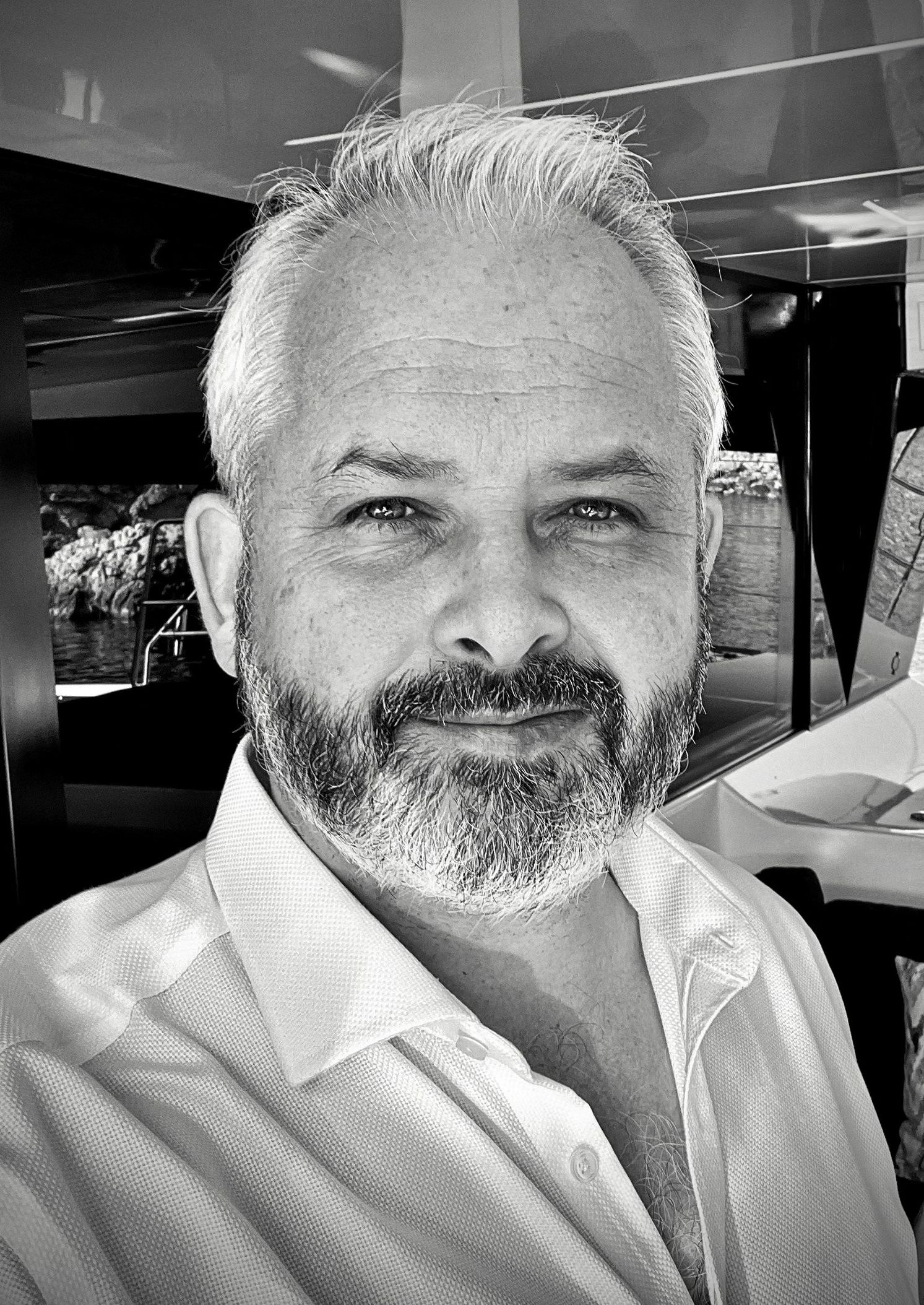
“There can be no dark corners and hiding places that allow impunity to flourish due to a lack of preventative awareness, education or training, or avoidance of immediate intervention when incidents occur.”
Ships operate far outside the view of local law enforcement officials who typically police sexual violence on land, and advocates told TradeWinds that victims who want their attacker to face criminal prosecution often need the representation of a lawyer to get authorities to pay attention to their cases.
But Hammond said most coastal, port and flag states already have enough legislation on the books to deal with sexual violence in the workplace.
He sees two areas for improvement.
Firstly, flag states need to worry less about their commercial reputation and profit, and focus instead on protecting seafarers in their jurisdiction. And they need to publicly call out instances of sexual violence.
“Second is the lack of impactful victim-led remediation pathways that can hold employers and perpetrators to account without loss of career and/or blacklisting,” Hammond said.

“Power imbalances in the workplace must also be rebalanced in favour of prevention first, or in the case of an incident, always in the interests of the victim without exception.”
In Washington DC, lawmakers have taken steps to improve protection for seafarers and cadets on US-flag ships with last December’s Safer Seas Act, which became law as part of the wider National Defense Authorization Act.
The legislation, which would not have existed without Hicks and others coming forward, requires video surveillance on ships, protects seafarers who report crimes from retaliation and obliges owners and operators to report instances of sexual assault and harassment.
But lawyer Ryan Melogy, founder of Maritime Legal Aid & Advocacy who has represented Hicks and other victims at sea, wants to see steps beyond that new law.
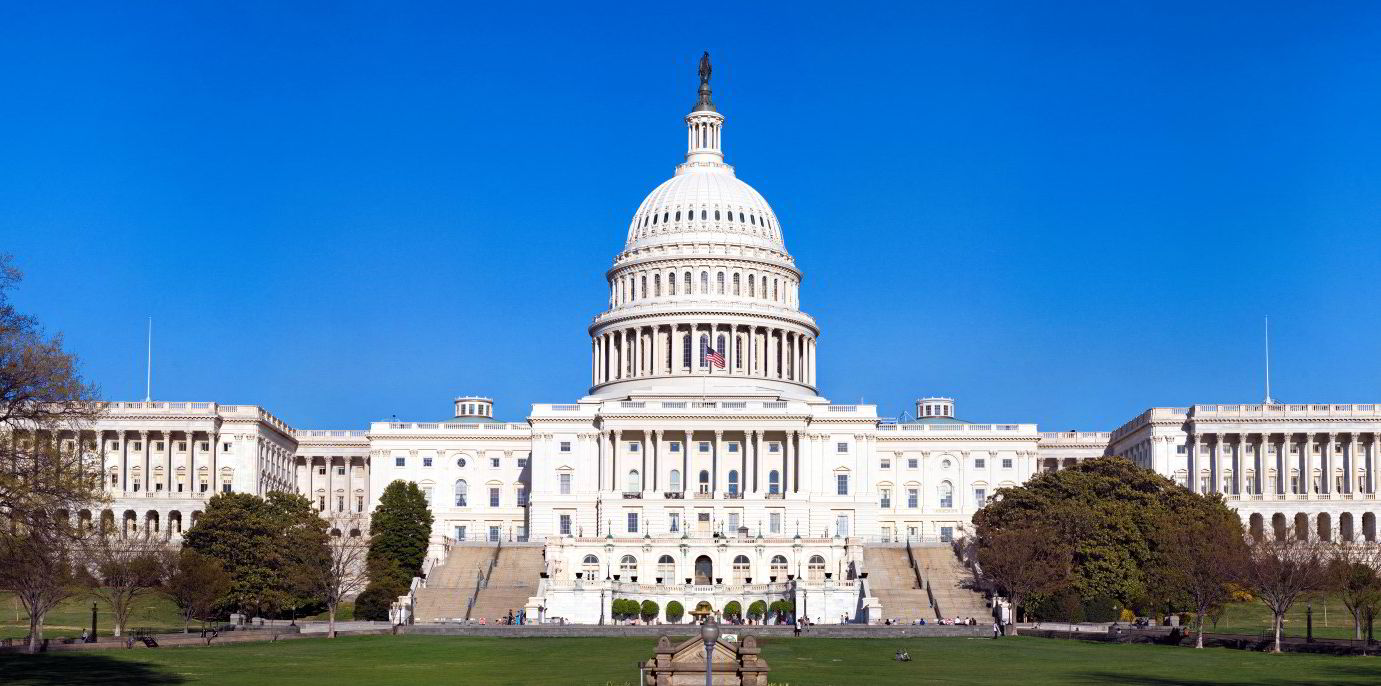
He said sexual harassment on a merchant ship should be a federal crime, pointing to a law protecting National Oceanic & Atmospheric Administration observers who board fishing vessels that could serve as a model.
On US-flag ships, investigation of sexual assault and harassment cases falls to the US Coast Guard, which refers cases to the Department of Justice for prosecution, but Melogy has seen those referrals go to a variety of offices.
He would like to see those referrals sent to one Justice Department office with expertise in prosecuting sexual crimes, so there is better collaboration with the Coast Guard Investigative Service.
Seafarers have seen the Coast Guard suspend or revoke licences in sexual violence cases, they know that the cameras are coming, they are undergoing sexual assault and harassment training, and they know the issue is being taken more seriously. But they have not seen an assailant prosecuted, at least not in recent years.
“There’s got to be that prosecution,” Melogy said.
Bringing more sexual assault cases to the public sphere will generate negative headlines that flag states and companies might prefer to avoid, but keeping seafarers safe is not possible in a climate of impunity.
